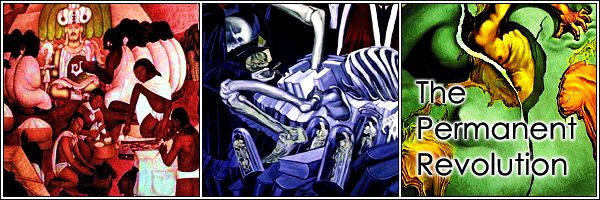The Pain Cartoons
Tim Kreider is a genius. That is why own his two books full of his cartoons. He is insecure, moody, nihilistic, sexually frustrated, and depressed, but armed with a sharp intelligence, vicious sarcasm and a keen eye for hypocrisy.
Some of his most recent cartoons I think are so good I had to share:

Always posts his cartoons with an "Artist's Statement", usually with some witty references, in depth analysis of the cartoon or his current gripe. For this cartoon he writes hilariously about the odd pathology of being raised during the Cold War, when the END OF THE WORLD would be in mushroom clouds, not rising oceans. Sugary excerpt:
Here's another recent good one:

My favorite, definitely, is the last panel. Beautiful.
You can read his (more or less) weekly cartoons here, as well as the archives.
Some of his most recent cartoons I think are so good I had to share:

Always posts his cartoons with an "Artist's Statement", usually with some witty references, in depth analysis of the cartoon or his current gripe. For this cartoon he writes hilariously about the odd pathology of being raised during the Cold War, when the END OF THE WORLD would be in mushroom clouds, not rising oceans. Sugary excerpt:
Plus think of all the great art and pop culture about Cold War espionage and apocalypse: John Le Carré! James Bond! Dr. Strangelove! Not to mention the very large radioactive monsters we had back in those days. Military nuts and novelists used to fantasize about the totally excellent Third World War we could have with our new generation of kick-ass conventional weapons if only the Soviets would invade Western Europe. But the treacherous bastards never did, and this left our military/industrial complex frustrated as though with a fifty-year case of the blueballs. America still approaches every conflict as though it were that one, the Big One, W.W. Three, "toe-to-toe with the Russkies," sending in aircraft carriers and bringing on the heavy tanks and cruise missiles and radar-invisible bombers by the thousands, even if it’s a guerilla insurgency in a small town in the desert.You can read the rest (on why the Soviets were so much cooler, worthier foes than Al Qaeda, or how Putin is a real-life James Bond villain) here.
Here's another recent good one:

My favorite, definitely, is the last panel. Beautiful.
You can read his (more or less) weekly cartoons here, as well as the archives.


